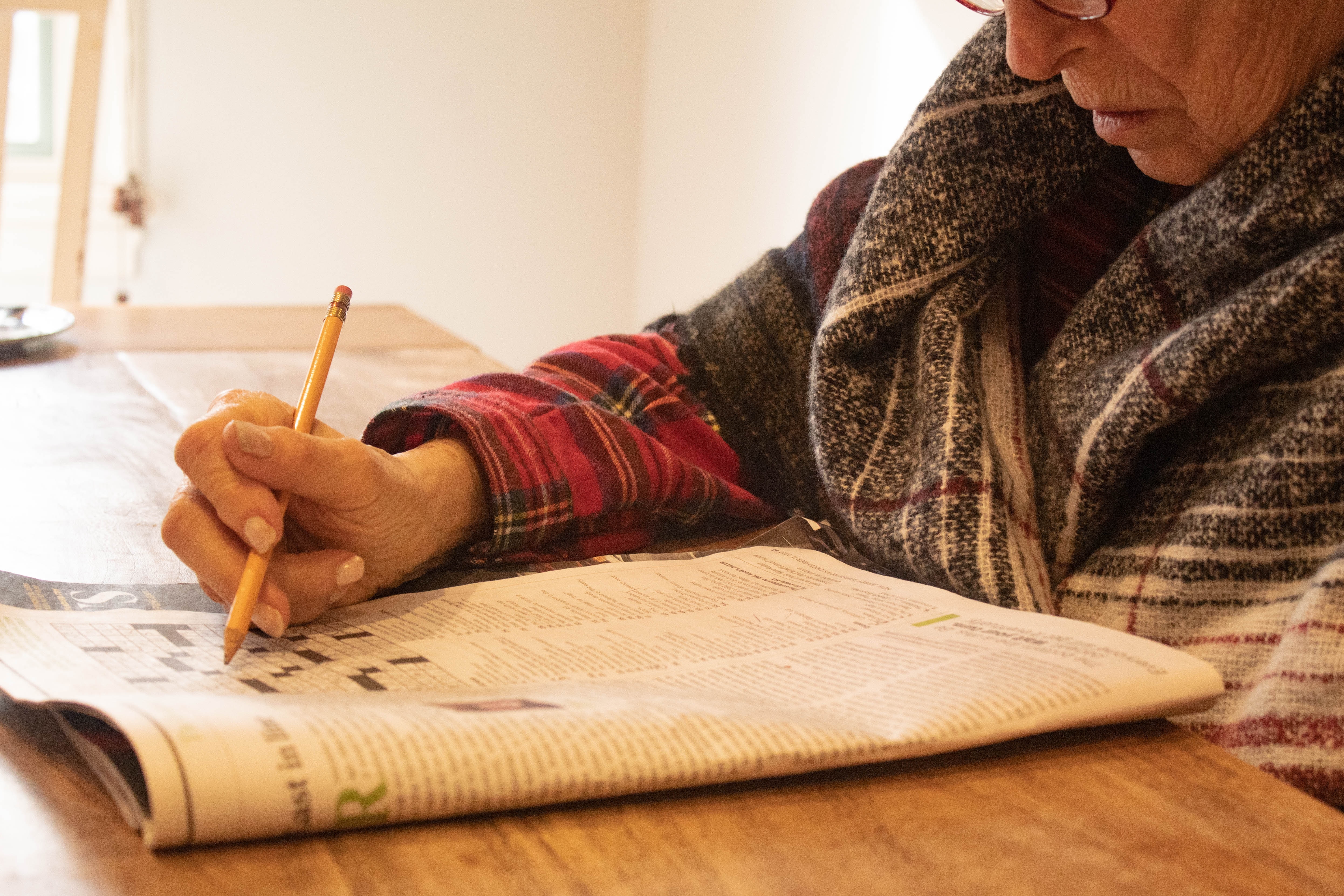News release
From:
JAMA
Lifestyle Enrichment in Later Life and Its Association With Dementia Risk
About The Study: In this study of 10,000 older individuals in Australia, more frequent participation in adult literacy activities (taking education classes, using a computer, and writing letters or journals) and in active mental activities (playing games, cards, or chess and doing crosswords or puzzles) was associated with reduced dementia risk over 10 years. However, social outings and interactions were not associated with dementia risk.
Attachments
Note: Not all attachments are visible to the general public.
Research URLs will go live after the embargo ends.

Research
JAMA, Web page
Please link to the article in online versions of your report (the URL will go live after the embargo ends).
Journal/
conference:
JAMA Network Open
Organisation/s:
Monash University
Funder:
The ASPREE clinical trial was supported by the NIA and the NCI (grants U01AG029824 and
U19AG062682), the NHMRC of Australia (grants 334047 and 1127060), Monash University, and the Victorian Cancer Agency. Dr Ryan is supported by a NHMRC Dementia Research Leader Fellowship (1135727).



 Australia; VIC
Australia; VIC



